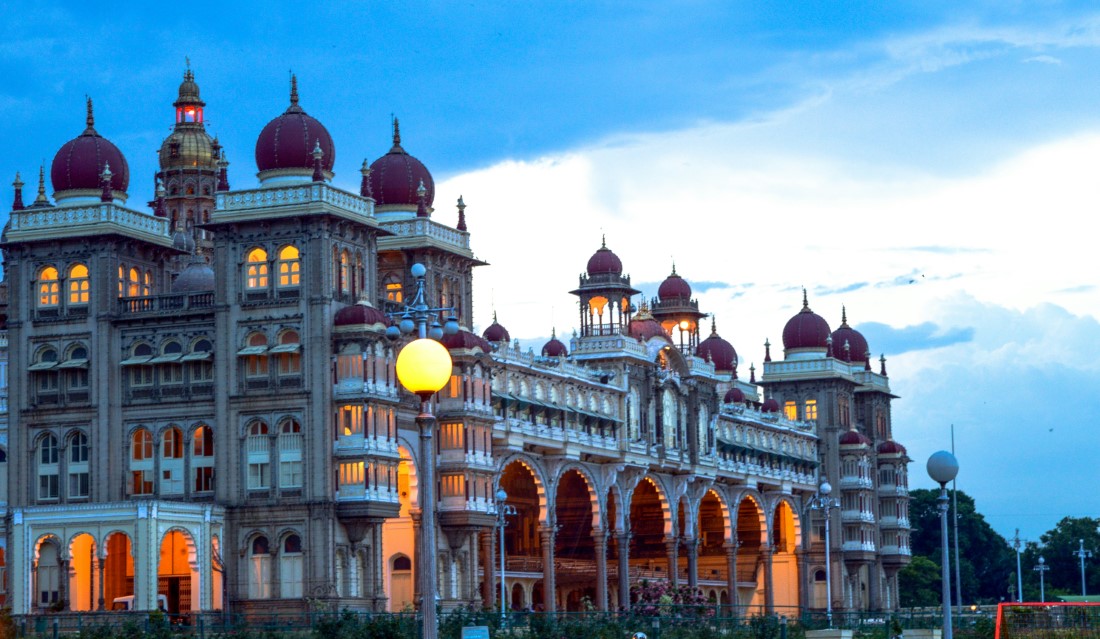Karnataka is a state of remarkable diversity—offering lush forests, historic temples, high-tech cities, and serene coastal escapes. Whether you're heading to the coffee hills of Coorg, the ruins of Hampi, or the urban buzz of Bangalore, a little preparation goes a long way. Here are some essential travel tips to help you make the most of your Karnataka journey.
1. Understand the regional diversity
Why read this: Karnataka has multiple landscapes and cultures—from coastal towns to mountain retreats—so understanding its diversity helps you plan better.
Do: Research specific regions like North Karnataka (heritage), Western Ghats (nature), and Coastal Karnataka (beaches) to match your interests.
Don’t: Assume the entire state has the same climate or customs—carry clothing suited for varied terrain and weather.
Final tip: Build your itinerary around zones rather than cities to avoid long travel times between destinations.
2. Best times to travel
Why read this: Karnataka’s climate changes significantly by region, and timing can impact your experience.
Do: Visit from October to March for cooler weather and clear skies—ideal for sightseeing, festivals, and trekking.
Don’t: Travel to coastal or Ghats areas during peak monsoon (June–August) unless you’re prepared for heavy rains.
Final tip: Double-check festival dates like Mysuru Dasara or Hampi Utsav—they're worth planning your trip around.
3. Language and local etiquette
Why read this: Kannada is the official language, and while English is understood in cities, rural areas may require basic language awareness.
Do: Learn simple phrases like "Namaskara" (Hello) or "Dhanyavadagalu" (Thank you) to connect with locals.
Don’t: Expect fluent English everywhere—carry a translation app or guide if venturing off the beaten path.
Final tip: Be respectful at religious sites—remove footwear, dress modestly, and avoid loud conversations.
4. Transport and connectivity
Why read this: Karnataka is well-connected by rail and road, but internal travel times can be long due to terrain.
Do: Use trains or overnight buses for budget intercity travel—Bangalore, Mysore, and Hubli are major transit hubs.
Don’t: Rely too heavily on public transport in rural areas—taxis or rentals may be the only option in hill towns or sanctuaries.
Final tip: Download offline maps and local transport apps like Namma Metro or KSRTC Bus Booking for smooth travel.
5. Food and water safety
Why read this: Karnataka offers amazing regional cuisine, but travelers need to be cautious, especially in remote areas.
Do: Try local dishes like Bisi Bele Bath, Ragi Mudde, and Mangalorean seafood—but stick to clean, busy restaurants.
Don’t: Drink tap water—always opt for bottled or filtered water and avoid roadside ice in drinks.
Final tip: If you're not used to spicy food, ask for "less spice" when ordering to avoid stomach issues.
6. Cash and mobile payment readiness
Why read this: While digital payments are common in cities, rural areas still rely heavily on cash.
Do: Carry enough small change and some cash for entry tickets, local shopping, and eateries in remote places.
Don’t: Depend solely on one payment method—carry a mix of UPI apps, cards, and cash.
Final tip: ATMs may be scarce in smaller towns—withdraw in advance from cities like Bangalore, Mysore, or Mangalore.
7. Wildlife and nature tourism
Why read this: Karnataka is home to some of India's top wildlife sanctuaries, but rules are strict to protect biodiversity.
Do: Book safaris in Bandipur, Nagarhole, or Dandeli well in advance—follow all park guidelines and timings.
Don’t: Make noise, litter, or feed animals—it's both harmful and punishable.
Final tip: Dress in neutral colors for safaris and bring binoculars for better wildlife viewing.
8. Cultural sensitivities
Why read this: Karnataka’s cultural identity is strong and rooted in traditions, especially in temple towns and festivals.
Do: Dress conservatively when visiting temples—cover shoulders and legs, and follow local customs.
Don’t: Public displays of affection are frowned upon in traditional areas—maintain cultural awareness.
Final tip: Attend local events or dance performances like Yakshagana for deeper immersion.
9. Safety and emergency contacts
Why read this: Karnataka is generally safe for tourists, but knowing emergency info adds peace of mind.
Do: Save local emergency numbers like 112 (all emergencies) and 108 (ambulance) in your phone.
Don’t: Wander in isolated areas at night—use trusted transport and avoid leaving valuables unattended.
Final tip: Register with your embassy or consulate if staying long term—especially during festivals or political events.
10. Sustainability and responsible travel
Why read this: Tourism has an impact, and Karnataka’s natural and cultural sites deserve mindful exploration.
Do: Support local artisans, eco-lodges, and homestays—reduce plastic use and respect wildlife zones.
Don’t: Leave trash at waterfalls, beaches, or hills—many are ecologically sensitive.
Final tip: Carry a reusable water bottle, say no to plastic bags, and engage with communities respectfully.
Feature Image:- Photo by Chaitanya Rayampally on Unsplash

